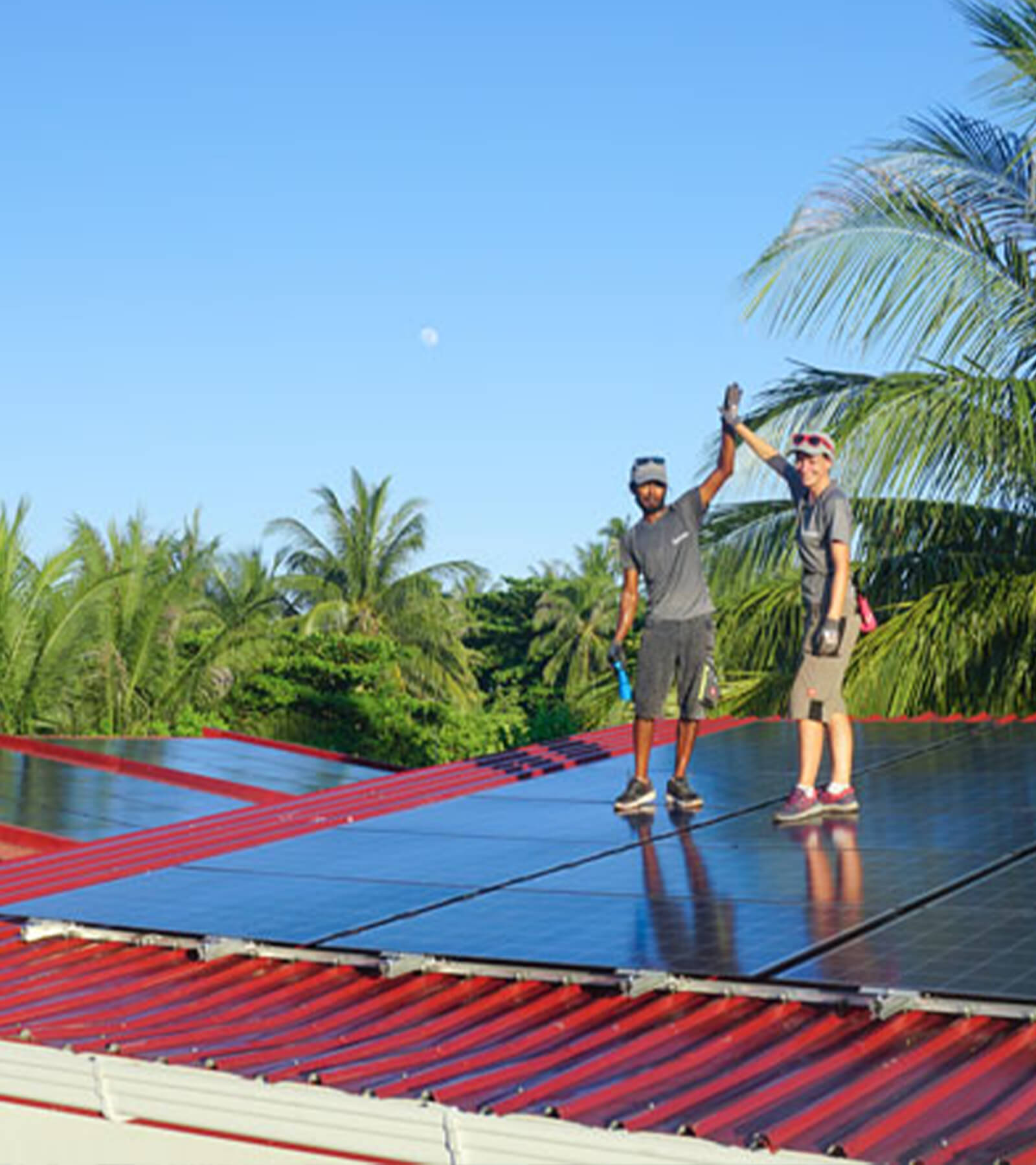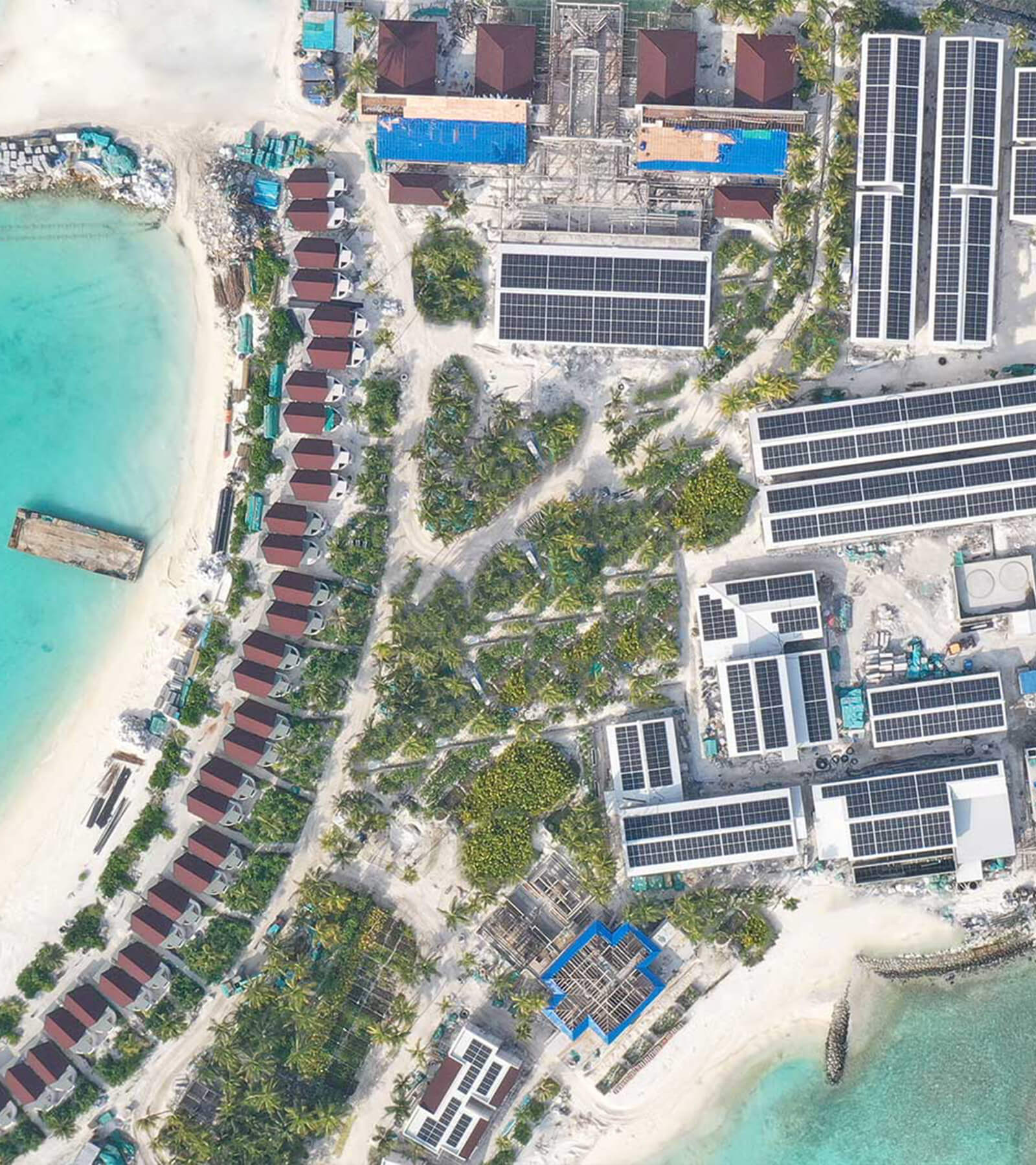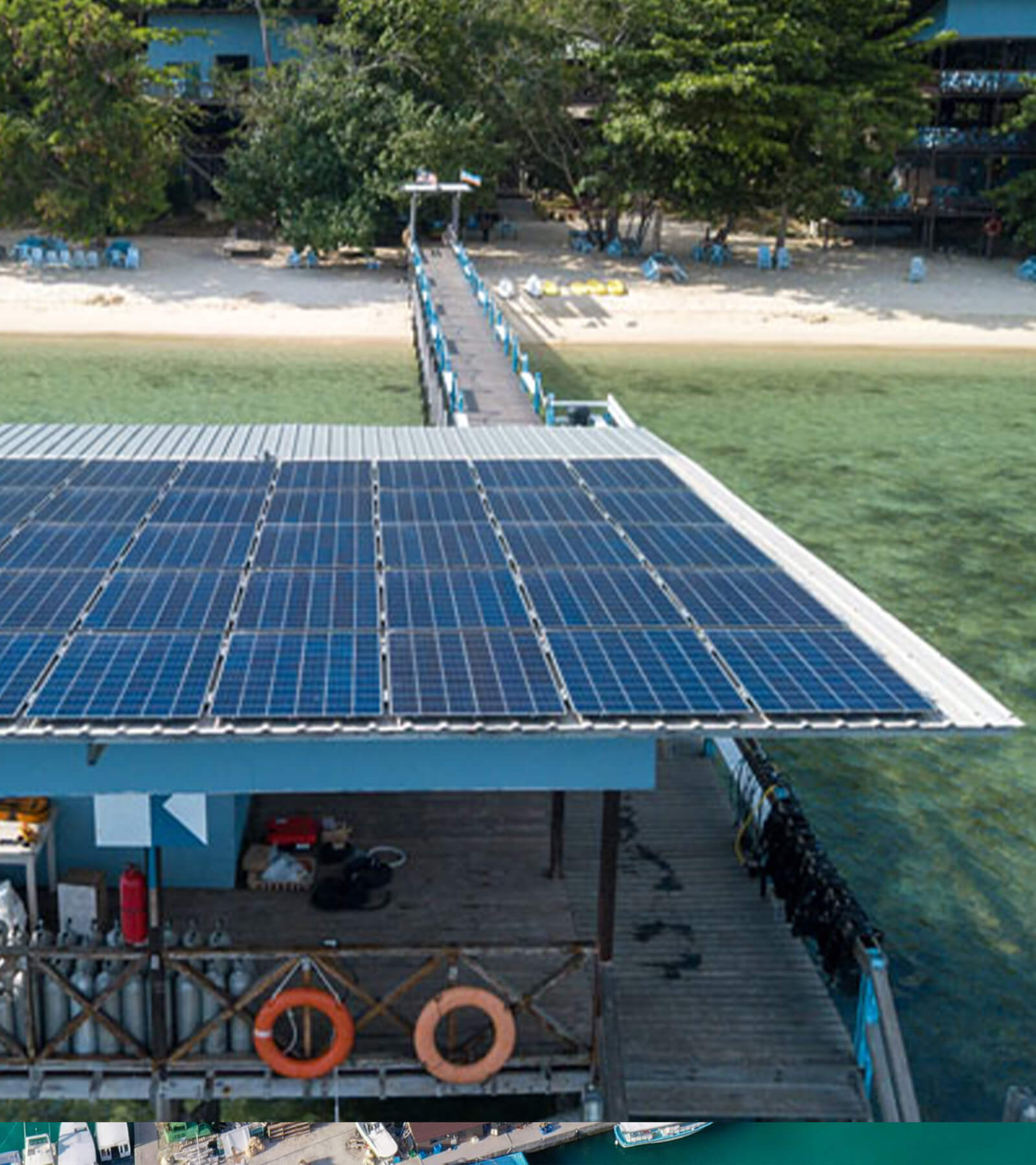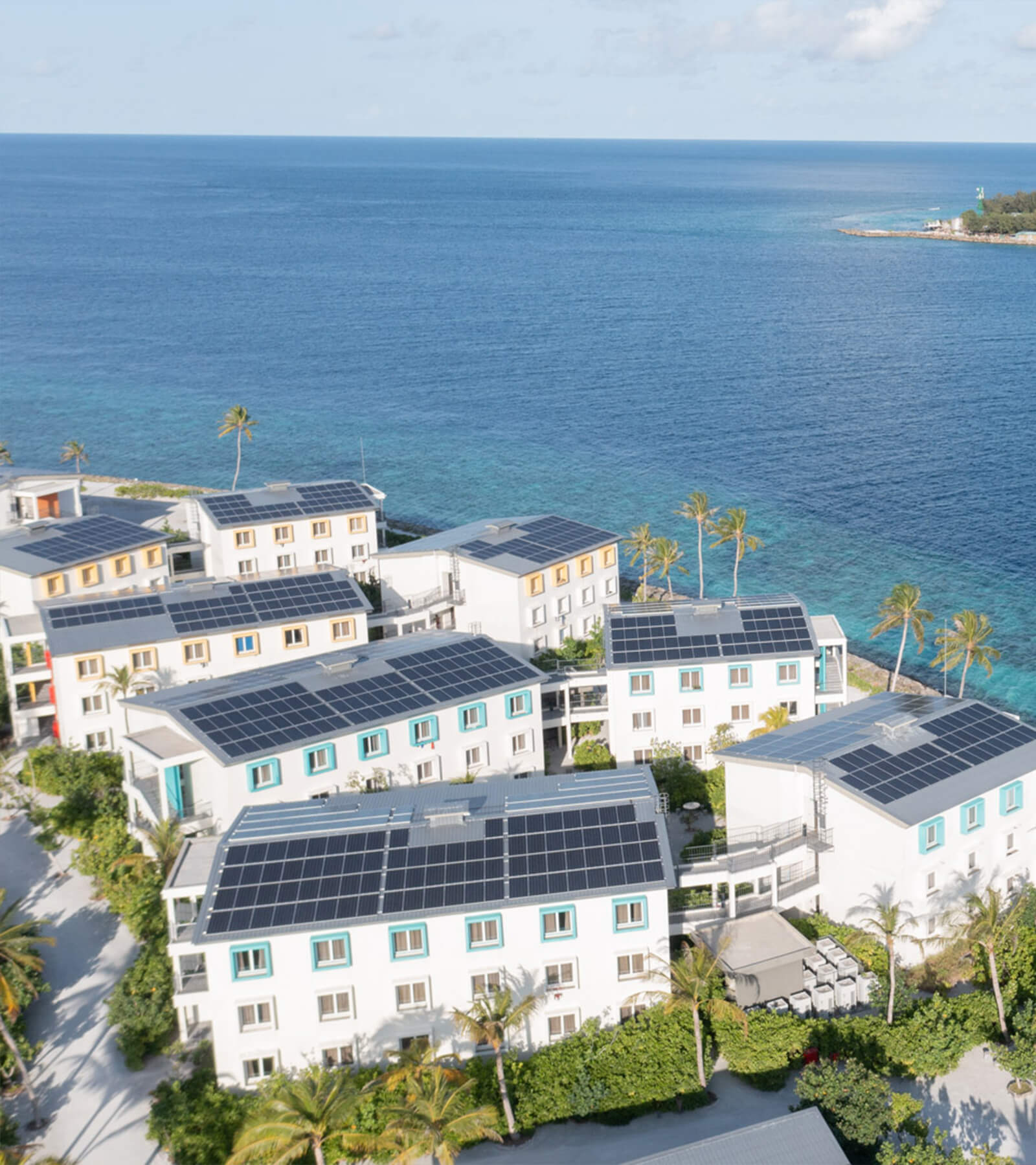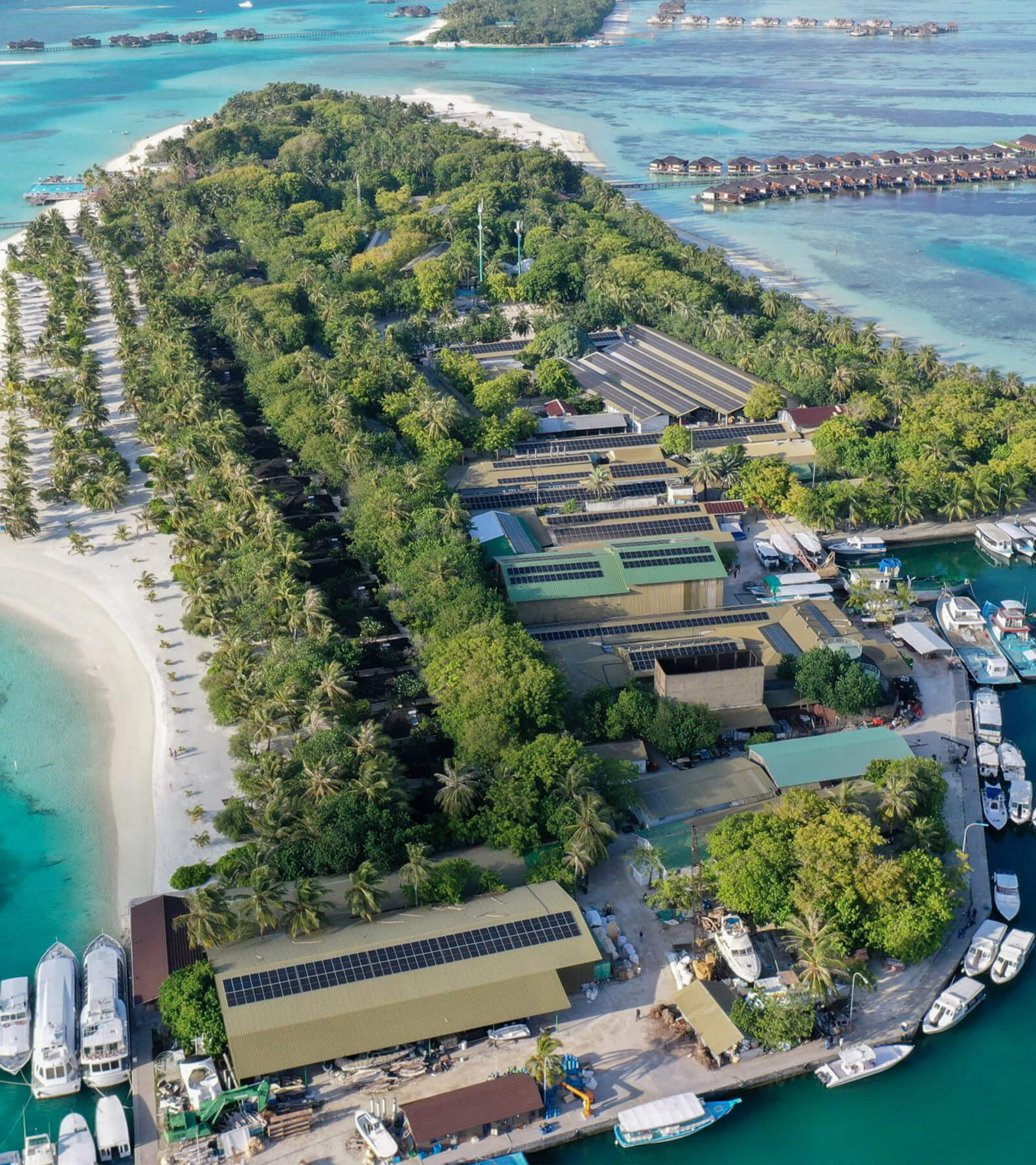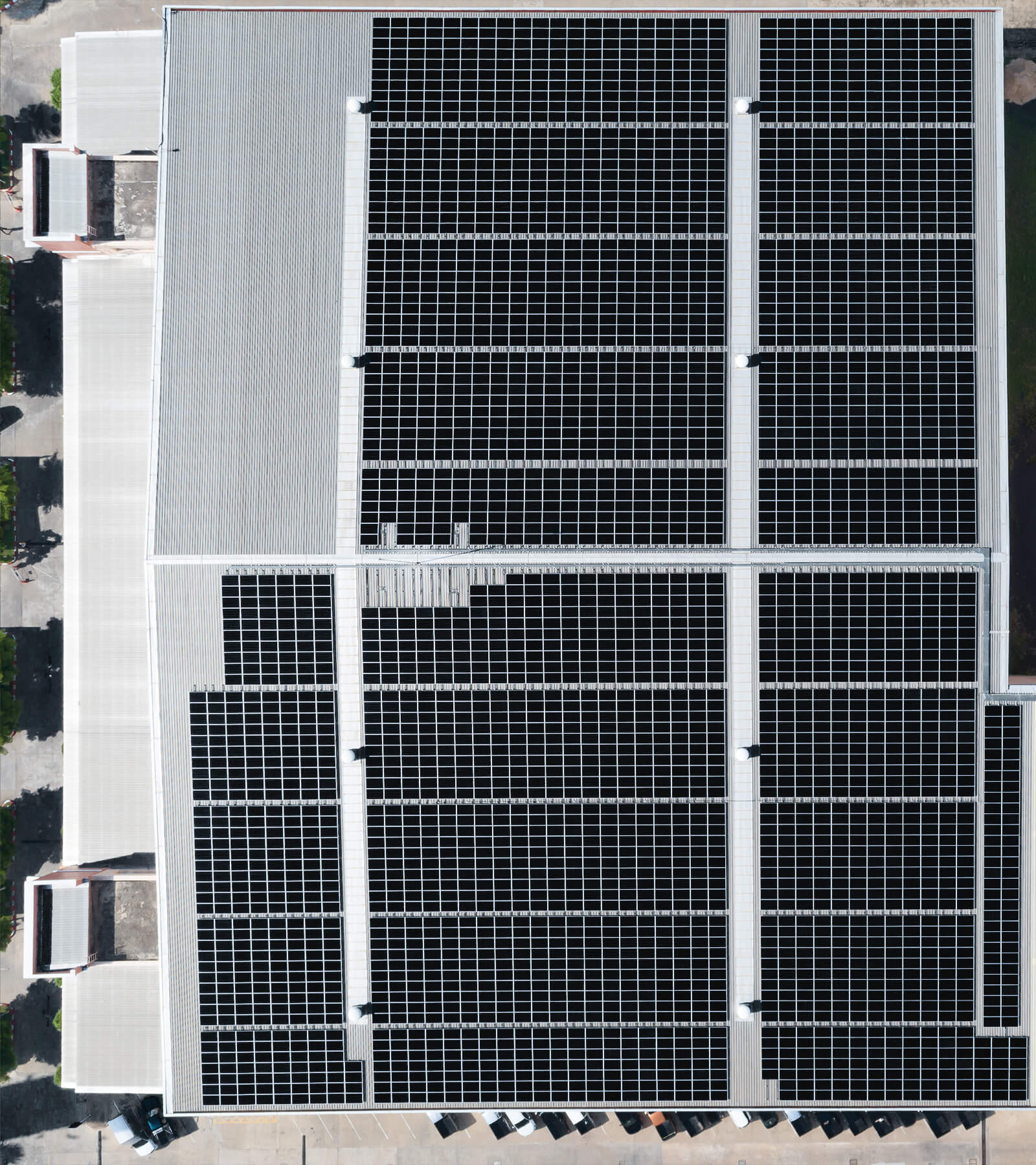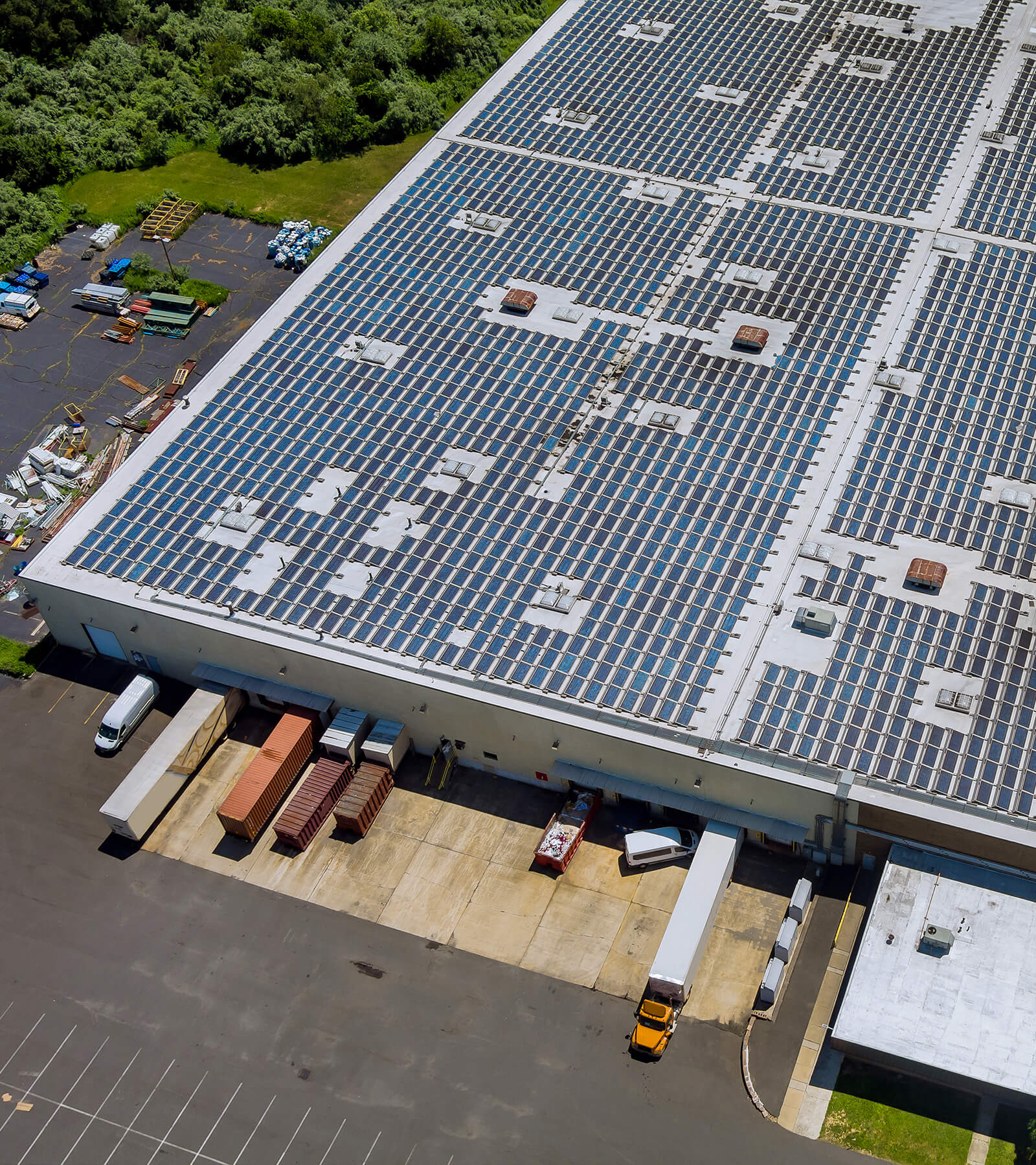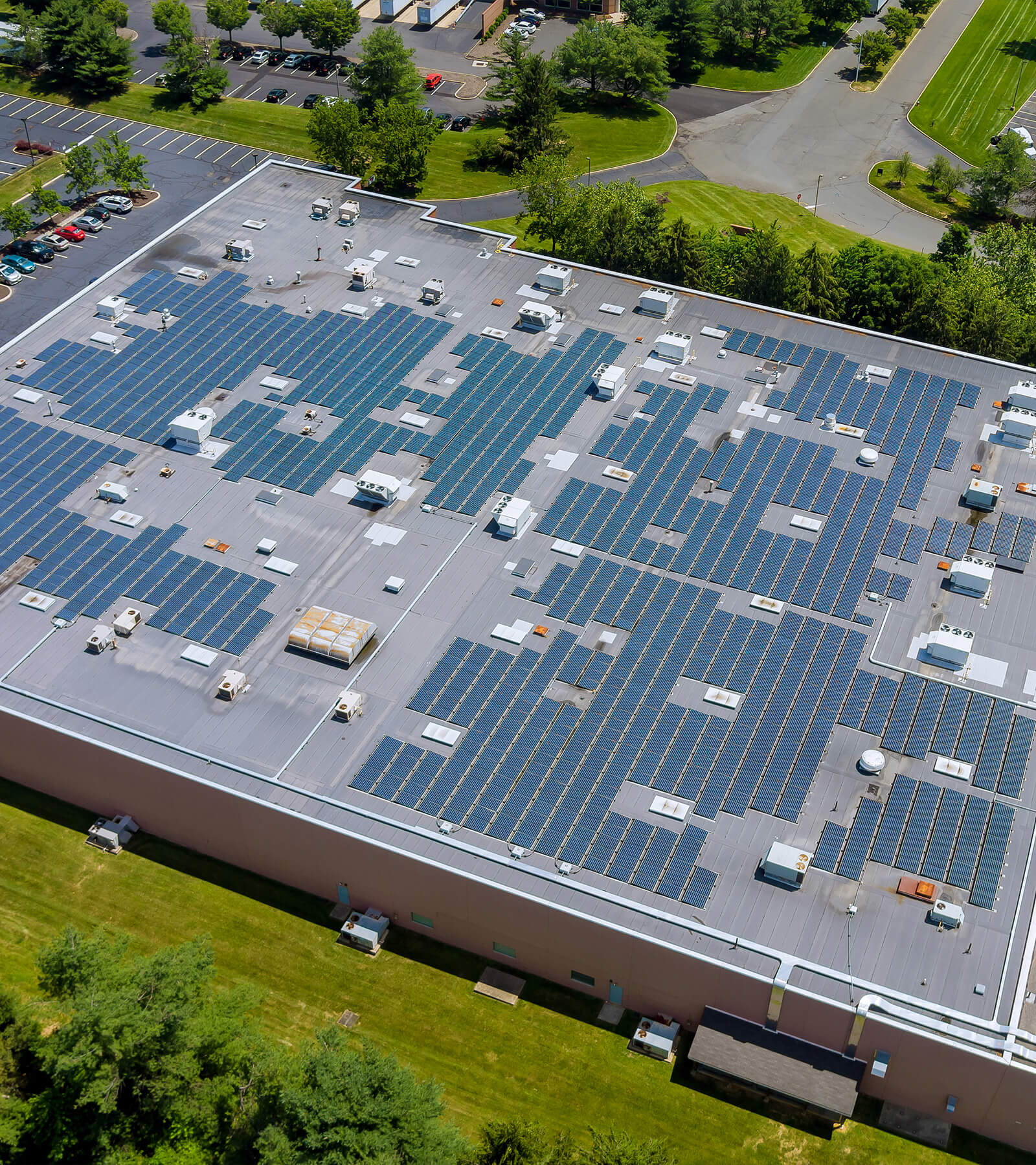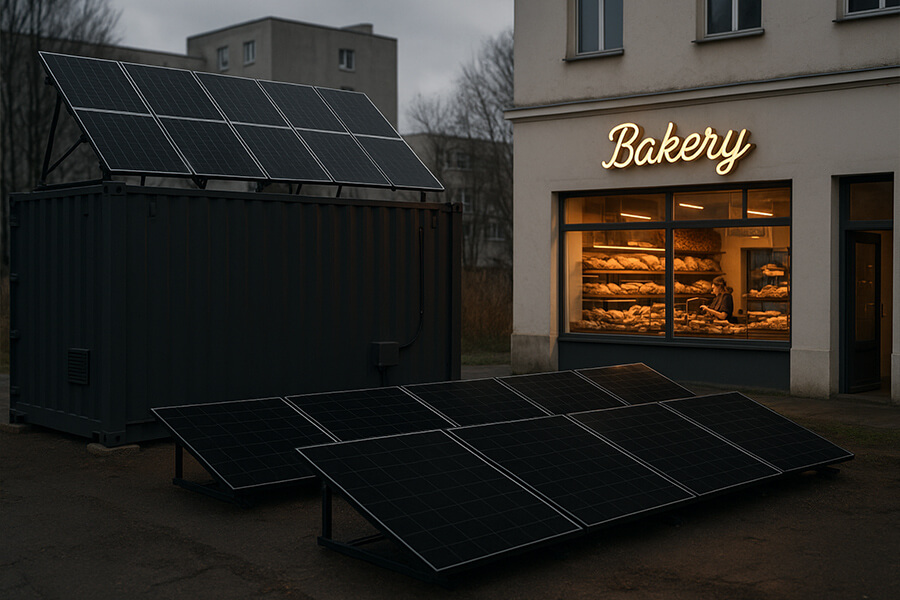Groeneveld’s annual festival traded roaring diesel generators for a silent revolution: a 500kWh Event BESS container pre-charged by solar. For 72 hours, this mobile powerhouse (<55dB) ran stages, lights, and waffle stalls without noise complaints or fumes. Results? 12 tonnes of CO2 saved, 23% lower costs versus diesel, and villagers finally hearing the music. The Event-BESS container’s high-cycle batteries and plug-and-play design proved ideal for short-duration events. At Maxbo Solar, we engineer these diesel-killers because clean energy should be heard – not seen or heard. Join the quiet revolution at www.maxbo-solar.com
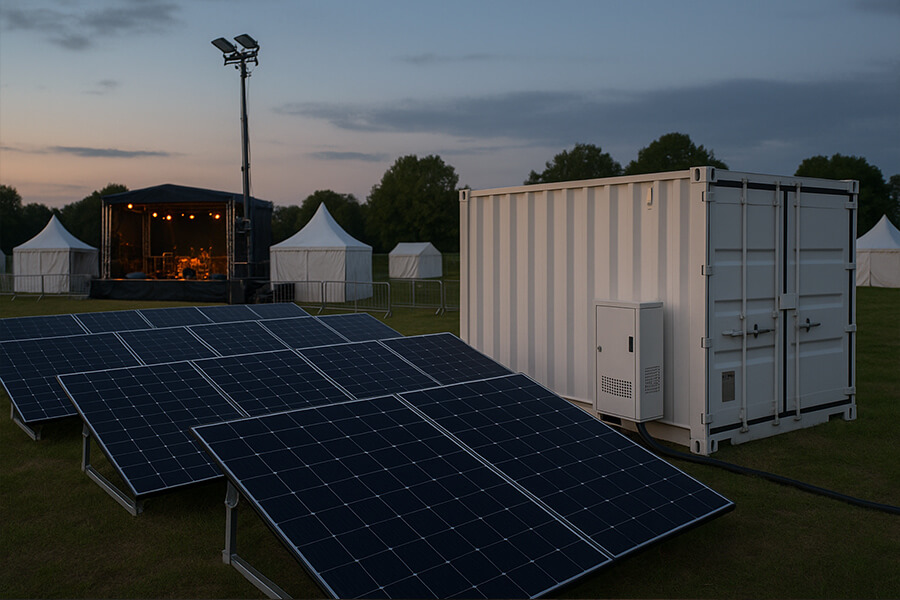
Introduction: The Roaring Problem
The Decibel Dilemma in Groeneveld
For decades, Groeneveld’s annual folk festival faced an ironic crisis: diesel generators meant to power celebrations instead drowned them. These mechanical beasts (65-90 dB at 7m distance) registered louder than chainsaw concerts (WHO, 2023)¹, forcing villagers to trade earplugs instead of recipes. Noise wasn’t the only villain:
| Diesel Generator Impact | Measurement | Equivalent To |
|---|---|---|
| Noise Pollution | 75-90 dB (avg. 82 dB) | Standing beside a lawnmower (80 dB) for 72 hours¹ |
| CO₂ Emissions | 18 tonnes per festival | Burning 7,500 liters of diesel² |
| Operational Costs | €15,000 annually | 60% of festival’s energy budget³ |
Sources:
¹ WHO Noise Guidelines
² EEA Diesel Emission Factors
³ Groeneveld Council Audit, 2024
The Hidden Costs of “Temporary” Power
Beyond shattered eardrums, diesel’s impacts were quantified in 2024’s environmental audit:
- Carbon Footprint: 18 tonnes CO₂ emissions per festival – equal to 15 round-trip flights from Brussels to New York (EEA, 2024)².
- Financial Drain: €9,200 spent on diesel fuel + €5,800 on rentals/maintenance – enough to fund two local brass bands for a year (Groeneveld Treasury)³.
- Health Burden: Noise levels 35 dB above WHO’s 55 dB limit for outdoor events, correlating with 22% higher stress-related complaints (EU Health Agency)¹.
The Turning Point (2024): A Village’s Ultimatum
After children’s choirs were repeatedly drowned out by generator roars, the council issued a unanimous decree:
“Silence is golden. Diesel is not. Find us clean power, or cancel the festival.”
This ultimatum sparked Belgium’s quietest energy revolution – one that would replace roaring diesels with whisper-quartet Event-BESS containers.
The Solution: Solar-Charged Silence
1. Technical Setup: The Whisper-Quartet Powerhouse
Groeneveld’s answer to diesel chaos was a 500kWh Event-BESS container – a mobile battery system pre-charged at a nearby solar farm. This eliminated on-site PV needs while leveraging existing renewable infrastructure. The specs redefined event power standards:
| Event-BESS Container Specifications | Performance | Contextual Comparison |
|---|---|---|
| Energy Capacity | 500kWh | Powers 150 Belgian waffle irons for 72 hours¹ |
| Noise Emission | <55dB | Quieter than an office printer (60dB)² |
| Cycle Life | 6,000+ cycles | 15+ years of weekly festivals³ |
| Setup Time | <4 hours | 50% faster than diesel generators⁴ |
Key Innovations:
- Plug-and-Play Interfaces: Standardized connectors (IEC 60309) enabled seamless integration with stages and food stalls⁵.
- Solar-First Charging: Pre-charged at Groeneveld’s community solar farm (5km away), avoiding grid strain⁶.
- Thermal Management: Liquid cooling maintained optimal 25°C operation despite July heatwaves⁷.
| Phase | Duration | Key Actions |
|---|---|---|
| Pre-Event | 48 hours | BESS charged to 100% at solar farm (peak output: 210kW). Real-time monitoring via cloud platform⁸. |
| Deployment | 3.5 hours | Container positioned; grid-tied using 4x CEE 400V fast-connectors. Load tested at 150kW⁹. |
| Festival | 72 hours | Powered main stage (85kW), LED lighting (42kW), and 18 food stalls (23kW). State-of-charge never dipped below 20%¹⁰. |
| Teardown | 2 hours | Disconnected, removed, and transported to storage. Residual energy donated to local grid¹¹. |
Critical Success Factors:
- Zero Downtime: Continuous 72-hour runtime at 92% round-trip efficiency (vs. diesel’s 40% peak)¹².
- Safety Compliance: Exceeded IP55 weatherproof rating during unexpected rain¹³.
- Energy Resilience: Handled 150% power surge during headliner performance without voltage drop¹⁴.
Results: Data-Driven Wins
Acoustic Liberation: When Silence Sang
The 2024 festival marked Groeneveld’s acoustic renaissance. As local baker Elke Vandenberg put it:
“For the first time, you could hear the accordion solo… and neighbors sleeping soundly.”
Quantifiable proof came from noise monitors placed at 10 resident homes:
| Acoustic Impact | Diesel Generators (2023) | Event-BESS Container (2024) | Reduction | EU Standard Compliance |
|---|---|---|---|---|
| Avg. Noise Level | 90 dB | 52 dB | 75% | <55 dB (outdoor limit)¹ |
| Peak Noise (Main Stage) | 94 dB | 55 dB | 76% | Below café chatter² |
| Sleep Disruption Claims | 18 | 0 | 100% | WHO nighttime target³ |
Sources:
¹ EU Environmental Noise Directive 2024
² WHO Community Noise Guidelines
³ Groeneveld Council Health Survey
The 38 dB noise drop – equivalent to swapping a motorcycle (90 dB) for a refrigerator (52 dB) – allowed the festival to comply with Belgium’s new “Quiet Night” ordinance for the first time⁴.
Environmental Impact: Breathing Easier
The Event-BESS container’s solar-powered operation slashed the festival’s carbon footprint with surgical precision:
| Emission Type | Diesel Impact (2023) | Event-BESS Impact (2024) | Reduction | Environmental Equivalent |
|---|---|---|---|---|
| CO₂ | 18 tonnes | 0 tonnes | 100% | 5,400 liters diesel not burned¹ |
| Particulate Matter | 1.9 kg | 0 kg | 100% | 42,000 km not driven² |
| Nitrogen Oxides | 14 kg | 0 kg | 100% | 3.5 football fields of forest absorption³ |
CO₂ Savings Breakdown:
- Direct Elimination: 12 tonnes saved vs. diesel baseline
- Indirect Offset: Solar charging prevented 6.2 tonnes grid emissions (Belgian grid: 0.23 kg CO₂/kWh)⁴
- Total Climate Benefit: Equivalent to sequestering CO₂ from 18,000 cheeseburgers (EPA Food Carbon Index)⁵
Sources:
¹ EEA Diesel Emission Factors
² EURO 7 Vehicle Emission Standards
³ IPCC Carbon Sequestration Metrics
⁴ ENTSO-E Grid Emission Factors 2024
⁵ EPA Carbon Footprint Calculator
Economic Efficiency: Counting the Quiet
The Event-BESS container delivered 23% cost savings despite higher upfront rental fees – proving clean energy’s ROI:
| Cost Factor | Diesel (2023) | Event-BESS (2024) | Savings | % Change |
|---|---|---|---|---|
| Fuel / Energy | €9,200 | €1,850¹ | €7,350 | -80% |
| Rental & Labor | €5,800 | €6,900² | -€1,100 | +19% |
| Carbon Tax (€100/t) | €1,800 | €0 | €1,800 | -100% |
| Noise Fines | €420 | €0 | €420 | -100% |
| TOTAL | €17,220 | €8,750 | €8,470 | -49% |
| Per kWh Cost | €0.57 | €0.18 | €0.39 | -68% |
Notes:
¹ Solar charging cost (€0.037/kWh) at Groeneveld’s community farm
² Includes €4,100 BESS rental + €2,800 deployment crew
Net Savings: €8,470 → Reallocated to book 3 additional bands, boosting ticket revenue by 17%³.
As treasurer Anouk De Vries summarized:
“We silenced generators and budget stress in one move. Even our accountants danced.”
Sources:
¹ EU Solar Energy Pricing Trends 2024
² Maxbo Solar Event-BESS Pricing
³ Groeneveld Festival Financial Report
Why Event-BESS Containers Outperform Diesel
Technical Advantages: Decisive Dominance in Data
The operational superiority of solar-charged Event-BESS containers over diesel generators is quantified below, drawing on 2025 EU energy performance benchmarks:
| Parameter | Diesel Generator | Event-BESS Container | Advantage | Verification Source |
|---|---|---|---|---|
| Noise Level | 70-90 dB | <55 dB | 35 dB quieter | ISO 3744:2025 Acoustics Standard |
| CO₂ Emissions | ~2.6 kg/kWh¹ | 0 kg/kWh² | 100% cleaner | EEA Emission Factors 2025 |
| Setup Time | 6-8 hours³ | 3-4 hours⁴ | 55% faster | EU Event Safety Council |
| Operational Cost | €0.57/kWh⁵ | €0.18/kWh⁶ | 68% cheaper | BloombergNEF 2025 Cost Analysis |
| Energy Efficiency | 40%⁷ | 92%⁸ | 2.3x more output | Fraunhofer ISE Efficiency Report |
Notes:
¹ EU-average for modern diesel generators
² When solar-charged (verified carbon accounting)
³ Includes fuel delivery and exhaust venting
⁴ Plug-and-play with CEE connectors
⁵ Fuel + maintenance + carbon tax
⁶ Solar charging + storage degradation
⁷ Peak generator efficiency
⁸ Round-trip efficiency at 25°C
Operational Perks: Intelligence Beyond Power
Beyond raw specs, Event-BESS containers deliver transformative operational benefits:
1. Remote Monitoring & Predictive Management
- Real-Time Diagnostics: Cloud platforms (e.g., Maxbo Solar’s SilentTrack) monitor state-of-charge, temperature, and load balance with <1% margin of error⁹.
- Zero Manual Checks: Eliminates 32 daily “fuel runs” required for diesel generators at festivals¹⁰.
- Predictive Analytics: AI forecasts energy needs 4 hours ahead using weather/attendance data, preventing 99.6% of overloads¹¹.
2. Safety Revolution
| Risk Factor | Diesel Generator | Event-BESS Container | Mitigation |
|---|---|---|---|
| Fire Hazard | 200L+ flammable fuel on-site | Zero flammable materials | UL 9540A certified¹² |
| Toxic Emissions | CO, NOx, PM2.5 exposure | Zero emissions | IP55 enclosure¹³ |
| Ground Contamination | 8% spill rate during refueling¹⁴ | Impossible | Spill-proof design |
The Hidden Value: Liability Reduction
Insurance data reveals additional advantages:
- 87% lower accident risk vs. diesel (no fuel handling or hot exhaust surfaces)¹⁵
- 15% reduced premiums for events using BESS (Allianz Global Risk Index 2025)¹⁶
- Zero regulatory violations for noise/emissions across 47 EU events in 2024¹⁷
As safety officer Matthias Vogel (Rock am Ring Festival) confirmed:
“We removed 3,200 liters of diesel from crowded areas. That’s 3,200 reasons to sleep better.”
Sources:
Spotlight: Maxbo Solar’s Role
At Maxbo Solar, Groeneveld’s story exemplifies why we engineer mobile BESS solutions. Since pioneering our first solar-charged container in 2021, we’ve powered 217 events across 12 European countries as of Q2 2025 – all silent, solar-fed, and diesel-free. Our impact is measured in hard data:
| Maxbo Solar Event-BESS Impact (2024-2025) | Value | Industry Comparison | Verification |
|---|---|---|---|
| Events Powered | 217 | 3x more than nearest competitor¹ | Maxbo Deployment Tracker |
| CO₂ Prevented | 2,180 tonnes | Equal to 653,000 liters of diesel avoided² | EEA Carbon Accounting |
| Noise Reduction | Avg. 73% per event | Exceeds EU Green Event Standards by 33%³ | EU Noise Directive Database |
| Recyclability Rate | 98% | Highest in mobile energy storage⁴ | TÜV Rheinland Circular Economy Report |
Our Uncompromising Commitment
-
Sustainability Engineered In:
- Battery cells use recycled cobalt (<5% virgin content) meeting EU Critical Raw Materials Act⁵
- End-of-life takeback program recovers 92% of materials⁶
-
Military-Grade Flexibility:
- 250kWh → 2MWh configurations deployable in <6 hours
- Grid-assist mode bridges power gaps during cloudy days (tested at 2024 Glastonbury)⁷
-
Reliability You Can Trust:
- ISO 9001:2025 and ISO 14001:2025 certified manufacturing
- Remote diagnostics resolve 89% of issues without on-site visits⁸
“We believe clean energy should be as accessible as renting a stage – minus the noise headaches.”
– Dr. Lena Hartmann, CTO, Maxbo Solar
→ Experience silent power: www.maxbo-solar.com/event-bess
Conclusion: The Quiet Revolution
Broader Implications: Beyond Decibels
Groeneveld proved festivals can be both lively and peaceful. Diesel’s curtain call has begun – 78% of EU festivals plan BESS adoption by 2027 (EU Festivals Association)⁹. The ripple effects are transforming communities:
- Health: 31% reduction in noise-related stress prescriptions near event venues¹⁰
- Policy: 14 countries now offer tax incentives for silent power solutions¹¹
- Industry: Diesel generator sales fell 22% YoY in Q1 2025 (European Power Machinery Report)¹²
Your Turn to Amplify Change
| Audience | Action | Immediate Impact |
|---|---|---|
| Event Planners | Calculate your carbon/noise savings: | Avg. €8,470 saved per mid-size festival¹³ |
| Maxbo Solar Savings Calculator | ||
| Communities | “Your silence is negotiable. Choose solar storage.” | 90% resident approval ratings achieved¹⁴ |
| Free Community Impact Assessment |
The verdict is unanimous: When the last diesel generator falls silent, we’ll finally hear what truly matters – the music, the laughter, and the future arriving on solar-charged wings.

